Resilience and the long road to recovery
Families in Pakistan’s Punjab province receive food and aid weeks after floods washed away homes and crops

Partner Content
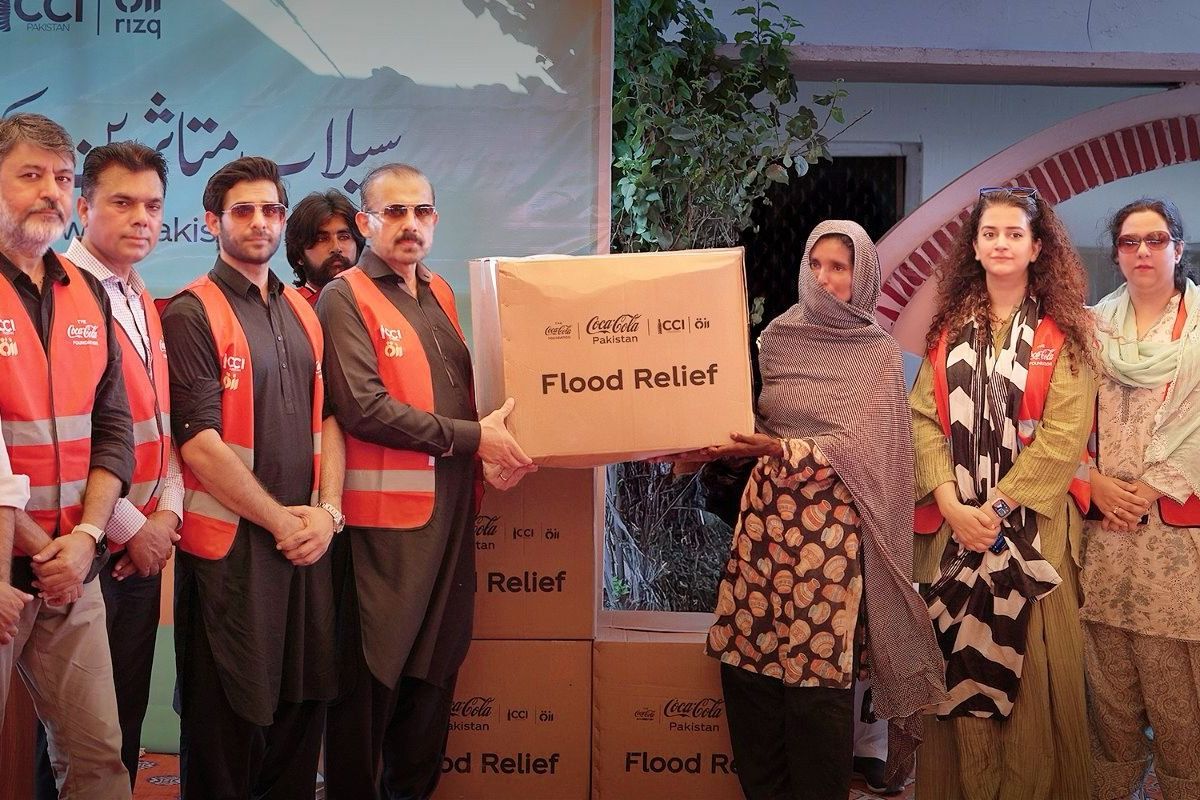
Coca-Cola in collaboration with Rizq reach thousands in flood-ravaged Pakistani provinces.
The Coca Cola Foundation
As the sun begins to fade behind the flooded fields of Jhang, in Pakistan’s central Punjab province, the heat lingers in the thick, humid air.
The swollen Chenab River, which burst its banks several weeks ago, has finally receded. But not before it washed away crops, destroyed homes, and left entire communities cut off.
The flood turned vast areas of fertile farmland into muddy plains of wreckage. Now, a heavy quiet covers the landscape, broken only by the buzz of mosquitoes and the occasional sound of a relief truck grinding through the mud.
Tent cities rise in ancient lands
In Meerne Wala, a village in Garh Maharaja in Tehsil Ahmad Pur Sial, tents stretch across open fields where homes once stood. The region is known for the folk tale of Heer-Ranjha, part of Punjab’s cultural history.
But today, that heritage is overshadowed by disaster.
Saleema Bibi, a mother of three, sits on a wooden charpai, or rope bed, holding a box of food rations. Her hands are rough from years of farm work.

“These past weeks, every night I wondered what my children would eat in the morning,” she says. “Some days I had only water to give them, and that too was not clean.”
Her home was swept away in the flood. Her husband, a daily wage laborer, hasn’t worked since. The flood destroyed more than just property—it took the informal economy that supported families like hers. Any savings they had were gone in days, spent on borrowed meals from neighbors also in need.
Aid arrives where few could reach
Relief came when teams from Coca-Cola Pakistan and the local nonprofit Rizq reached the village, navigating broken roads and unstable ground to get there.

Saleema received a ration box containing flour, rice, lentils, sugar, and oil—enough to support a family of six for a month.
“For me, this is more than food,” she says. “It is the peace of knowing my children will not go to bed hungry.”
Saleema is one of more than 22,000 families reached through the partnership between Coca-Cola and Rizq. Together, they have delivered over 550,000 meals across Punjab, Khyber Pakhtunkhwa, and Gilgit-Baltistan.
'The last mile was always the hardest'
“The first hurdle was always the last mile,” says a Rizq volunteer manager from inside a large canvas tent at the distribution site. “Roads were gone, bridges were destroyed. We had to use tractors, boats, and sometimes just human chains to reach people.”
Along with ration packs, Rizq set up a community dastarkhwan - a shared dining area where families can access hot meals. The non-profit has also distributed more than 100,000 servings of clean drinking water, as well as blankets and hygiene kits, as colder weather approaches.

The effort was supported by $100,000 from The Coca-Cola Foundation, with another $30,000 from the Coca-Cola System, including Coca-Cola Beverages Pakistan Limited, the Turkish bottling partner operating in the country.
But for families like Saleema’s, the scale of support matters less than the moment of relief.
A blanket and a small sense of safety
Nearby, Saleema’s neighbor, Sakina, a grandmother caring for two grandchildren, folds a thick new blanket she received.
“We didn’t even have time to save bedding,” she says. “When they gave us these, I felt relief. Winter is coming—we cannot survive on damp floors.”
Signs of resilience are growing even amid hardship. On the edge of the relief camp, a group of boys kick a half-deflated football across the mud. Their shouts echo across the field, briefly cutting through the weight of the evening.
Volunteers setting up the meal site stop to watch before returning to their work, unpacking steel plates and preparing lentils and bread.
Next comes rebuilding
While immediate needs for food and water are being met, the road ahead remains steep. Families will need to rebuild homes, replace livestock, and restart income sources.
The aid allows them to think beyond the night’s meal and begin to plan for recovery.
Saleema watches her children play beside the tent, their faces calmer than they’ve been in weeks. Tonight, they will eat until full.
Tomorrow will bring new problems—how to rebuild, how to find work—but tonight offers a small moment of peace.
As she spoons lentils onto her youngest child’s plate, Saleema manages a faint smile.
“I had started to believe we were forgotten,” she says. “But now I know we are not alone. When a carton of food is carried for miles just for your family, it shows you that someone remembers.”


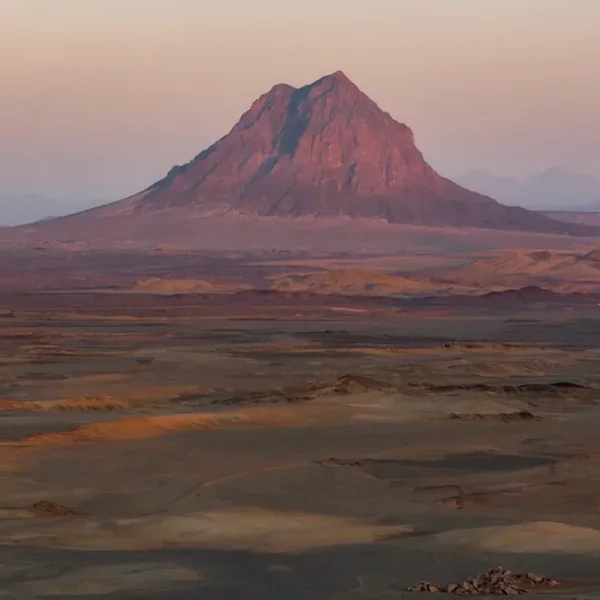
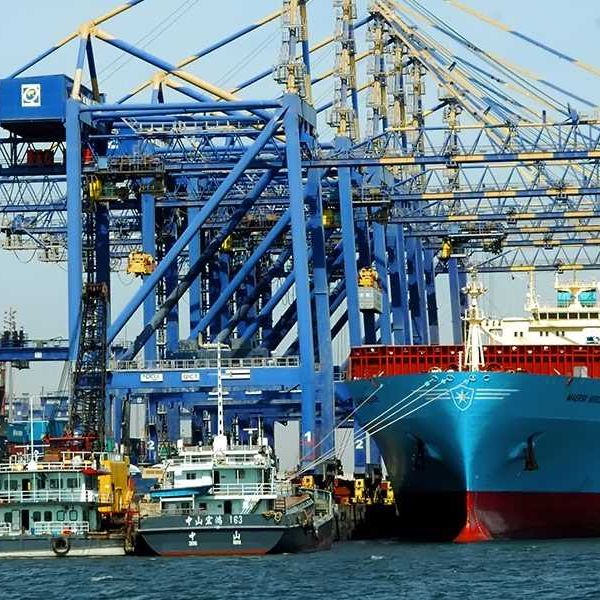
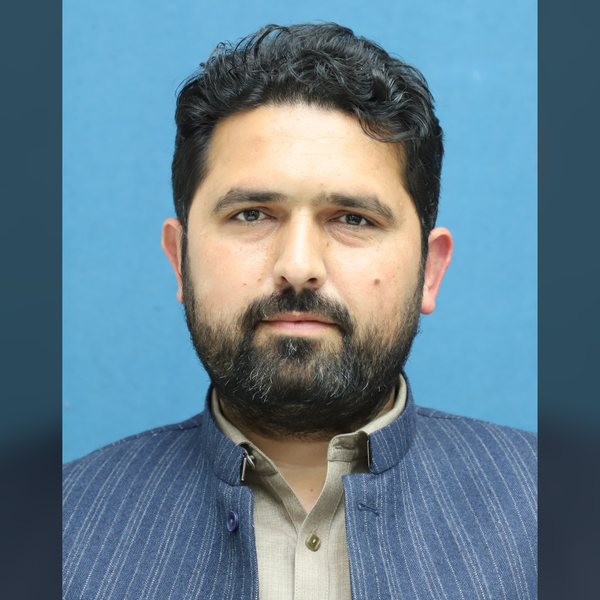



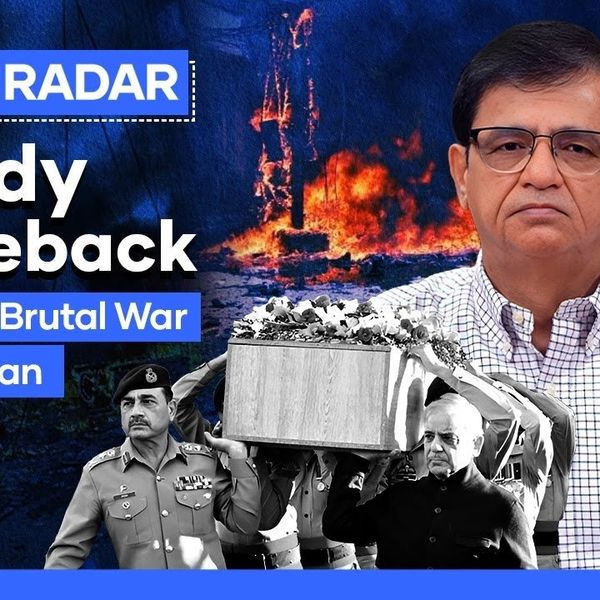

Comments
See what people are discussing